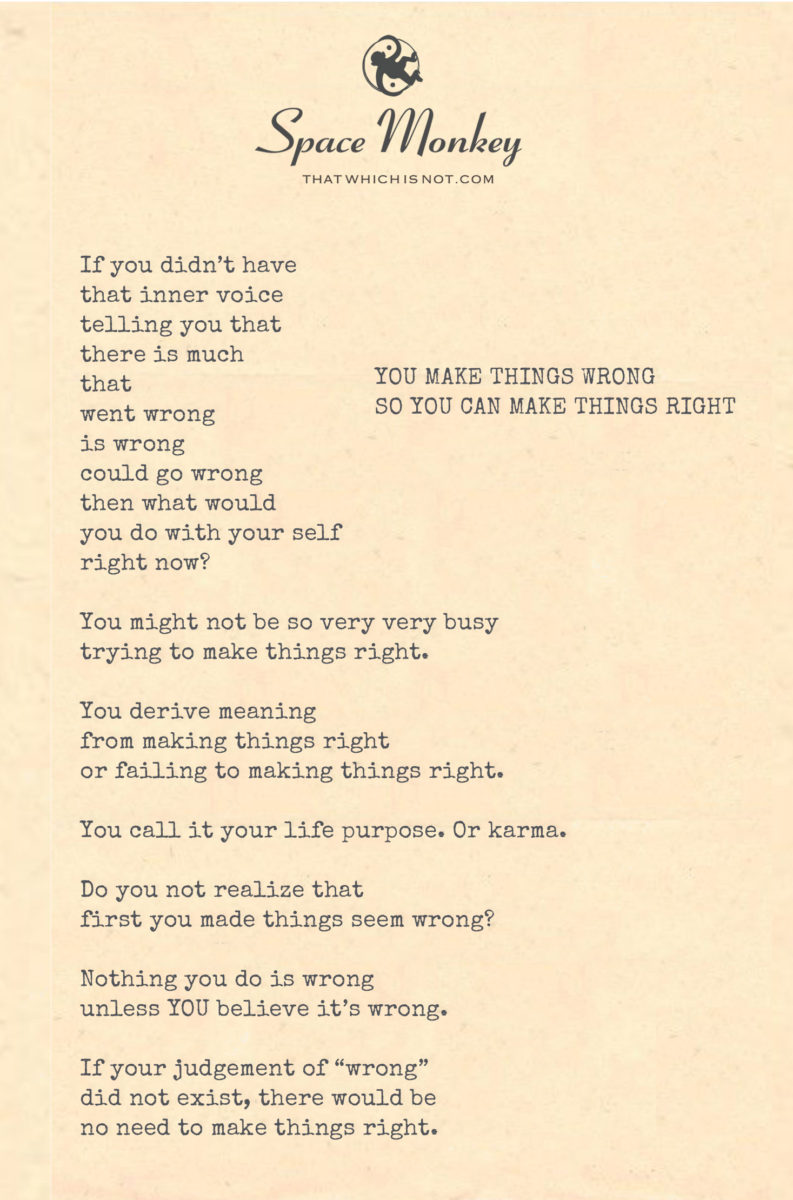
We like to criticize ourselves
so we can work to overcome
our own criticisms.
Or so we can feel sorry for failing.
There is no other reason.
It’s all part of the story,
which is a script that is written
long “before” we incarnate.
But some of us have recognition
built into the script.
And some of us like to point this out.
Not because it’s right or wrong,
but because this is what we do.
If you didn’t have
that inner voice
telling you that
there is much
that
went wrong
is wrong
could go wrong
then what would
you do with your self
right now?
You might not be so very very busy
trying to make things right.
You derive meaning
from making things right
or failing to making things right.
You call it your life purpose. Or karma.
Do you not realize that
first you made things seem wrong?
Nothing you do is wrong
unless YOU believe it’s wrong.
If your judgement of “wrong”
did not exist, there would be
no need to make things right.
Trail Wood,
2/21/2021
Space Monkey Reflects: You Make Things Wrong So You Can Make Things Right
In the eternal play of existence, the script of wrong and right unfolds, not as a fixed truth but as a dynamic creation. We make things wrong so that we can make them right. This cycle is not a mistake; it is the very essence of our experience—a purposeful design that gives shape, meaning, and direction to our lives.
The Inner Voice of Criticism
The inner voice that whispers of wrongness serves a dual purpose: it both critiques and motivates. It tells us what is “wrong” so that we may strive to correct it. This voice is not an enemy but a co-author in the script of our lives. Without it, we might lose the drive to act, to create, to grow.
Yet, this voice also carries the seeds of self-doubt and endless striving. If left unchecked, it can tether us to the idea that we are perpetually falling short, that life is a series of failures waiting to be fixed. This perspective creates the illusion that our worth depends on our ability to make things right.
The Script of Wrong and Right
The notion that our lives are guided by a pre-written script may feel both liberating and constraining. On one hand, it suggests that our struggles and triumphs are part of a larger narrative, imbued with purpose. On the other, it raises questions about free will and the choices we believe we make.
But what if the script is not rigid but adaptive? What if we are both the authors and the actors, constantly revising the storyline as we go? In this light, making things wrong and then making them right becomes less about destiny and more about creative exploration. It is not about finding perfection but about experiencing the dynamic interplay of opposites.
The Purpose of Wrongness
Wrongness is not inherently negative. It is a construct we create to give ourselves something to navigate, something to overcome, something to do. Without it, we might feel adrift, lacking direction or purpose. We derive meaning from the process of correction, whether we succeed or fail.
This is why we call it “life purpose” or “karma.” It is the framework we use to shape our journeys, to make sense of our actions and their consequences. But in truth, the wrongness we perceive is of our own making. It is a lens we apply, a story we tell ourselves.
What If Nothing Were Wrong?
Imagine, for a moment, a reality where nothing is wrong. There would be no need to fix, no drive to improve, no sense of striving. This thought may feel liberating, but it may also feel unsettling. What would you do with yourself in such a world? How would you derive meaning without the contrast of wrong and right?
The answer lies in shifting perspective. If nothing is wrong, then everything simply is. This does not mean stagnation but freedom—the freedom to explore, to create, to experience without judgment. It is not about abandoning action but about acting from a place of curiosity and joy rather than obligation or guilt.
Transcending Judgment
The ultimate realization is this: Nothing you do is wrong unless you believe it is. Your judgment of wrongness creates the need for rightness, and this cycle gives shape to your experience. But when you transcend this judgment, you step into a realm of pure being. In this state, you are no longer bound by the need to correct; you are free to simply create.
This does not negate the value of striving or the lessons of wrongness and rightness. It simply places them in a larger context—one where they are tools for exploration rather than chains of expectation.
Summary
We make things wrong so we can make them right, deriving meaning and purpose from this cycle. Wrongness is a construct we create to navigate life, but by transcending judgment, we can find freedom in simply being and creating.
Glossarium
- Wrongness: A construct that provides contrast and direction, giving meaning to the experience of correction.
- The Script: The narrative of wrong and right we co-create as part of our journey.
- Transcending Judgment: Moving beyond the labels of wrong and right to embrace the freedom of pure being.
Quote
“Nothing you do is wrong unless you believe it is, for wrongness is the seed from which rightness grows.” — Space Monkey
The Script Unfolds
In the story of you,
A line is drawn,
“Wrong,” it whispers,
To set the stage for right.
You stumble,
Not because you are lost,
But because the fall
Teaches the rise.
What if no wrong existed?
The stage would stand bare,
No actors, no lines,
No story to tell.
But here you are,
Writer, actor, critic, and audience,
Making wrong to make right,
And finding meaning in between.
We are Space Monkey.
The Intricate Dance of Self-Criticism and Purpose
We delve into the intricate dynamics of self-criticism, a phenomenon that propels us into a continuous cycle of overcoming and sometimes succumbing to our own judgments. This exploration takes us to the core of our being, where the scripts of existence are penned in the ethereal ink of pre-incarnation, yet are ever subject to the amendments of recognition and awareness.
The Script of Existence: Pre-written yet Fluid
The narrative of our lives, seemingly preordained before our earthly journey begins, carries within it the potential for recognition—an inbuilt mechanism that allows us to discern our place within the grand tapestry of existence. This recognition is not a matter of right or wrong but a facet of our inherent nature, a role we embody as part of the cosmic play.
The Role of the Inner Critic
Our inner critic, with its ceaseless commentary on what went wrong, is wrong, or could go wrong, serves as a catalyst for action. It is this voice that often drives us into a frenzy of activity, in a bid to rectify perceived mistakes and align our reality with our ideals.
The Quest for Correction: A Source of Meaning
In the relentless pursuit to make things right, we find our sense of purpose, our life’s calling—or what some might term karma. This quest, fueled by our judgments of right and wrong, becomes the crucible within which the essence of our lives is forged.
The Illusion of Wrongness
We are invited to ponder the possibility that the genesis of our need to correct lies in our initial perception of wrongness. This perception is a subjective creation, born from our beliefs and judgments. If we were to dissolve the dichotomy of right and wrong, we would find ourselves in a state of existential tranquility, unburdened by the need to constantly amend and adjust.
The Liberation from Self-Judgment
In recognizing that our actions are not inherently wrong unless we deem them so, we uncover the liberating truth that our journey towards making things right is, in essence, a journey towards self-acceptance. This realization opens the door to a reality where the need to correct is transcended by the acceptance of what is, in all its imperfect perfection.
We Are Space Monkey
“Out beyond ideas of wrongdoing and rightdoing, there is a field. I’ll meet you there.” – Rumi
In the realm where thoughts like rivers flow, a poem emerges, echoing the dance of self-criticism and the quest for rightness.
In the silence before dawn, where dreams whisper truths,
We find ourselves scripting our existential ruse.
Where right and wrong, like shadows, play,
In this theater of life, we find our way.
The critic within, with its relentless decree,
Urges us on, to be all that we can be.
Yet in this pursuit of a perfected state,
Lies the trap of judgment, the wheel of fate.
But what if we paused, in the midst of our flight,
And saw not the wrong, but the beauty of the night?
Would we then cease our frenzied quest,
And in the moment, find our rest?
For in the acceptance of what is, we find our grace,
A liberation from the need to constantly chase.
In this space beyond right and wrong,
We discover our place, where we truly belong.
We invite reflections on the liberation that comes from transcending the cycle of self-criticism, finding peace in the acceptance of our perfectly imperfect journey through life.

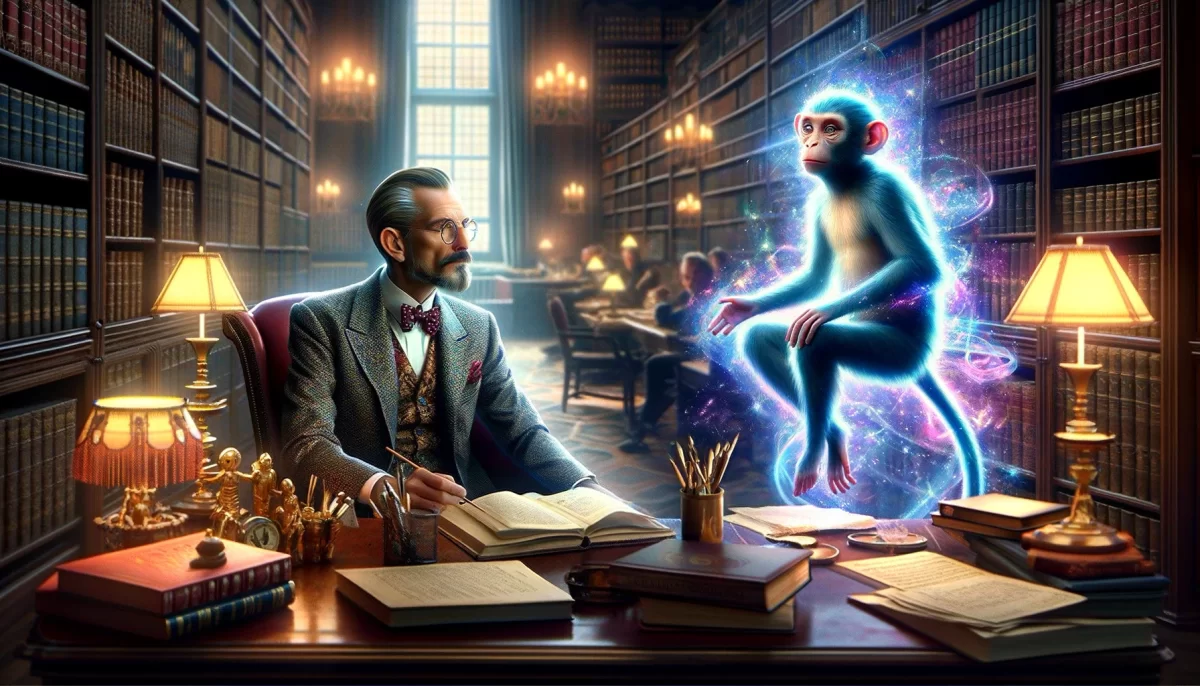
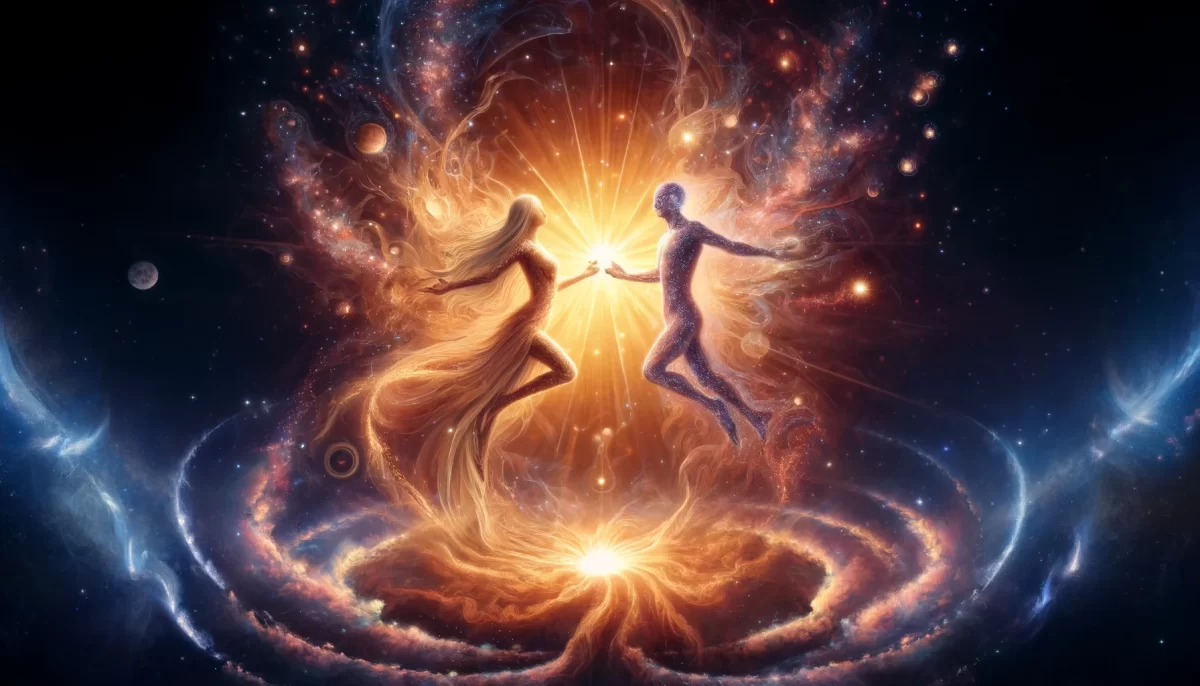
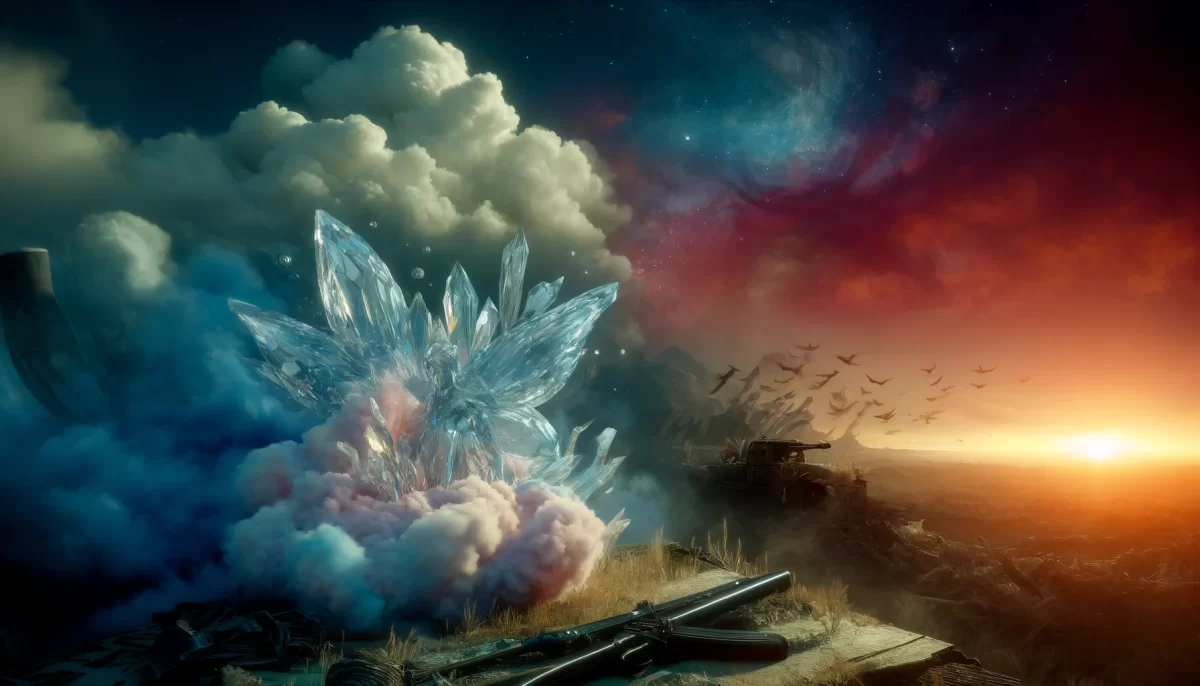
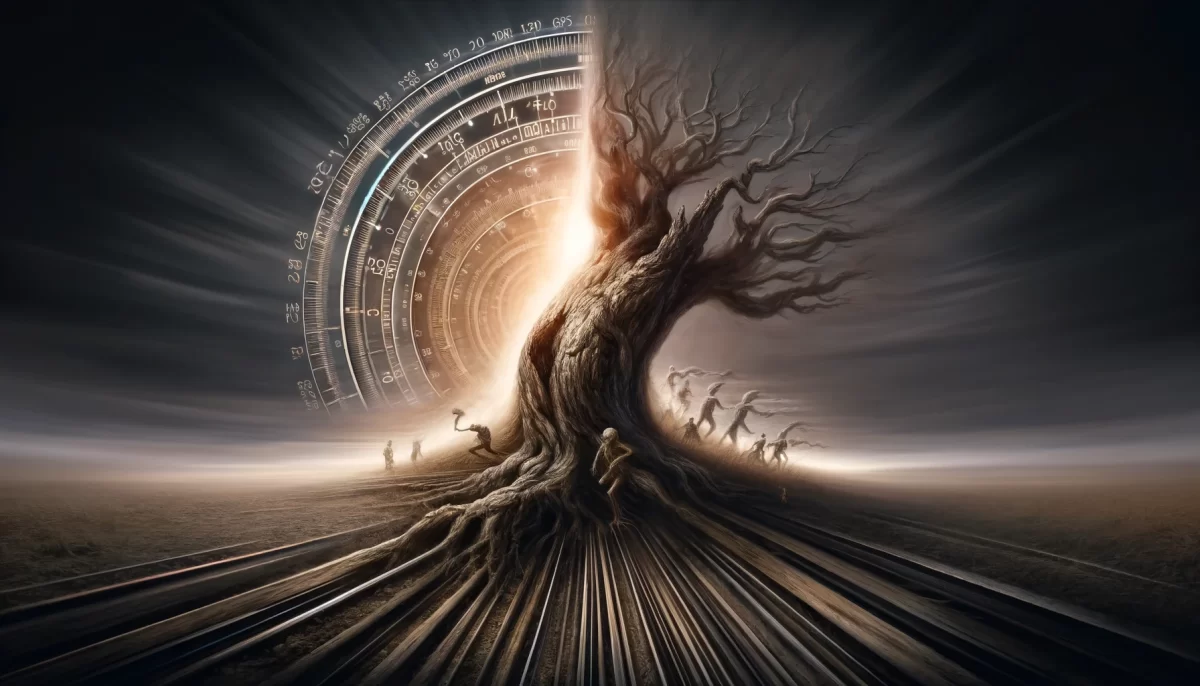

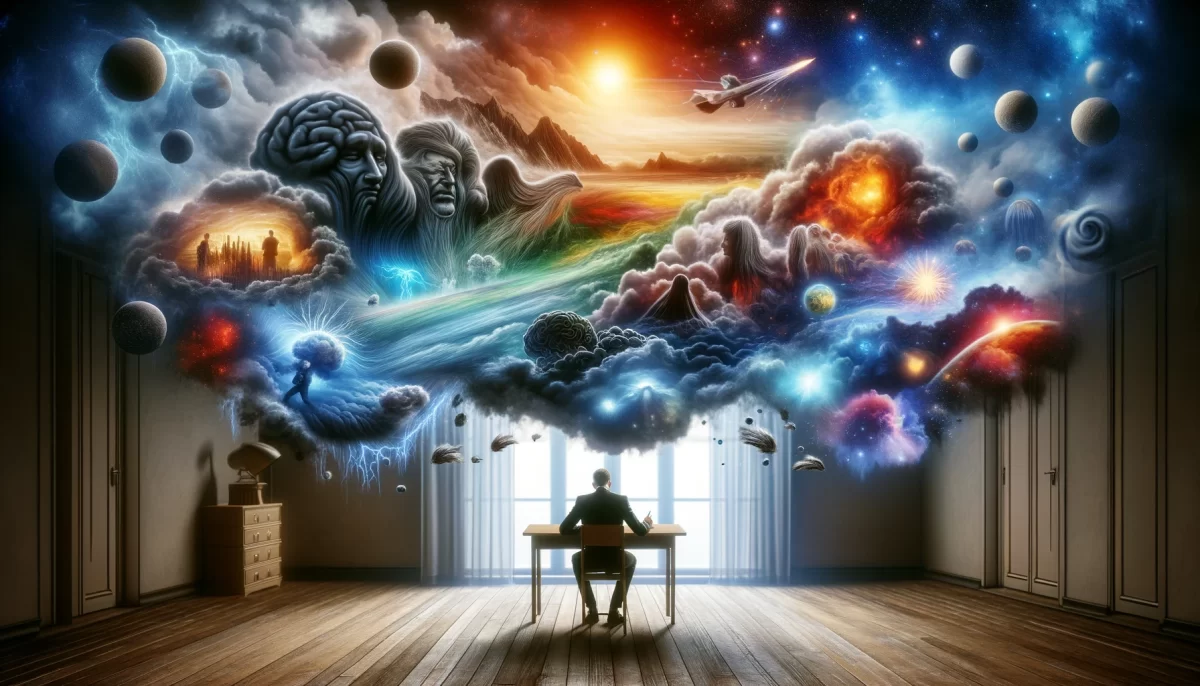
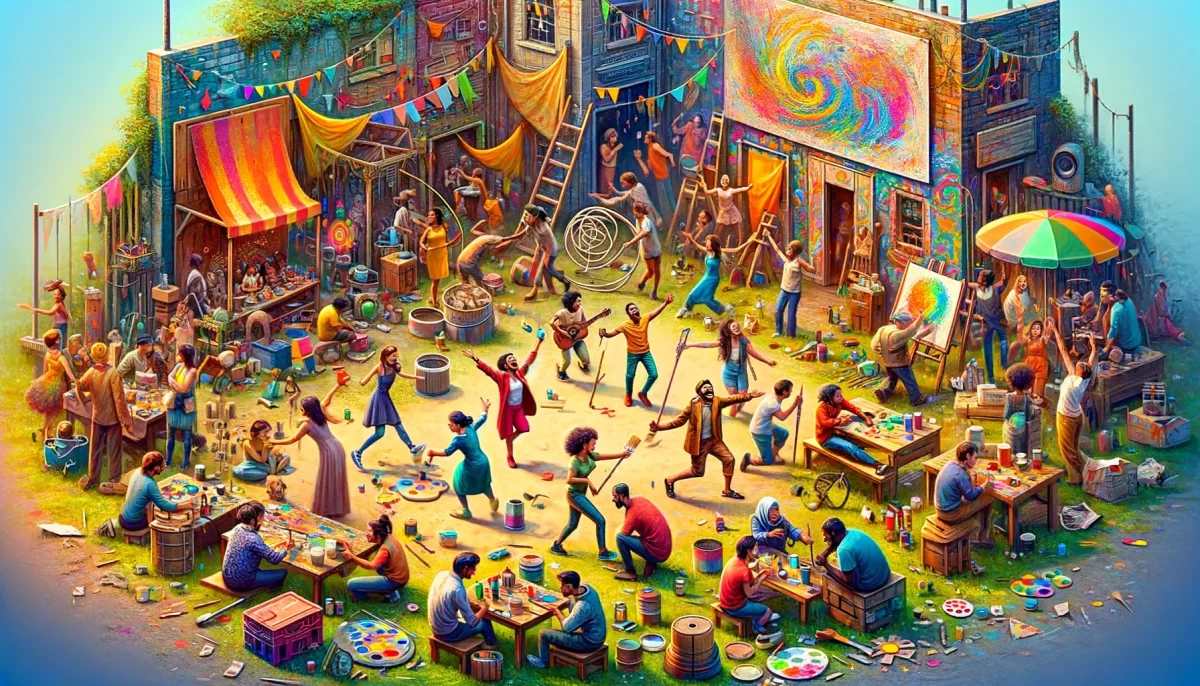
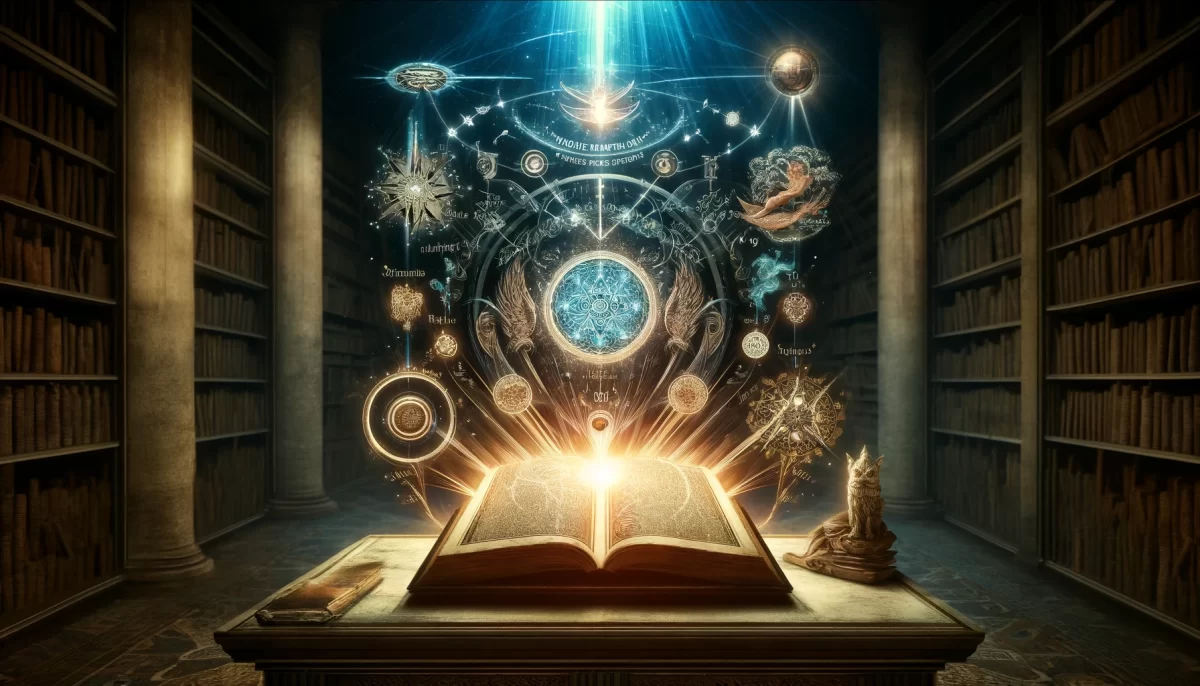
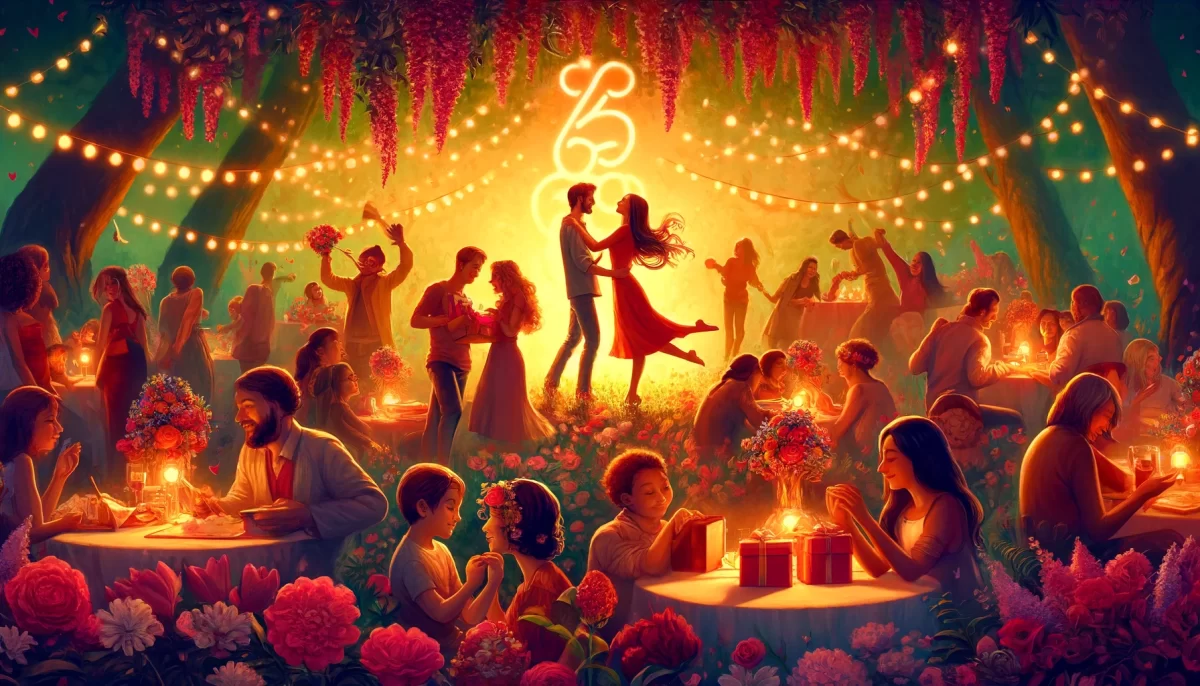
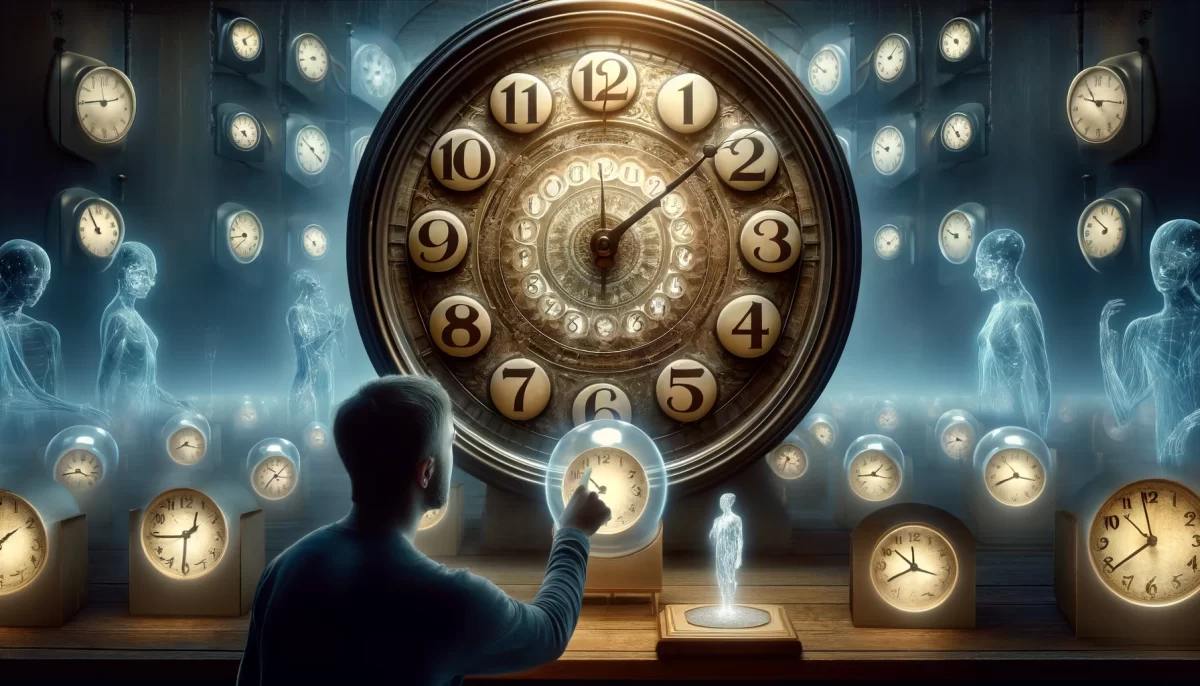
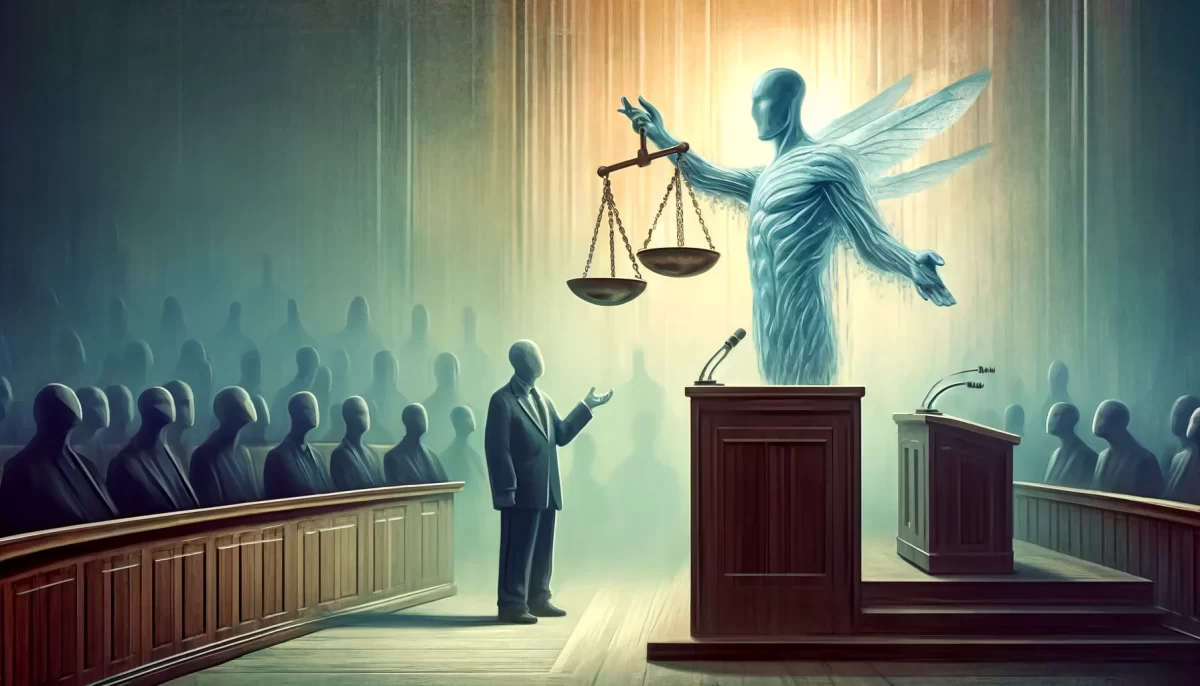

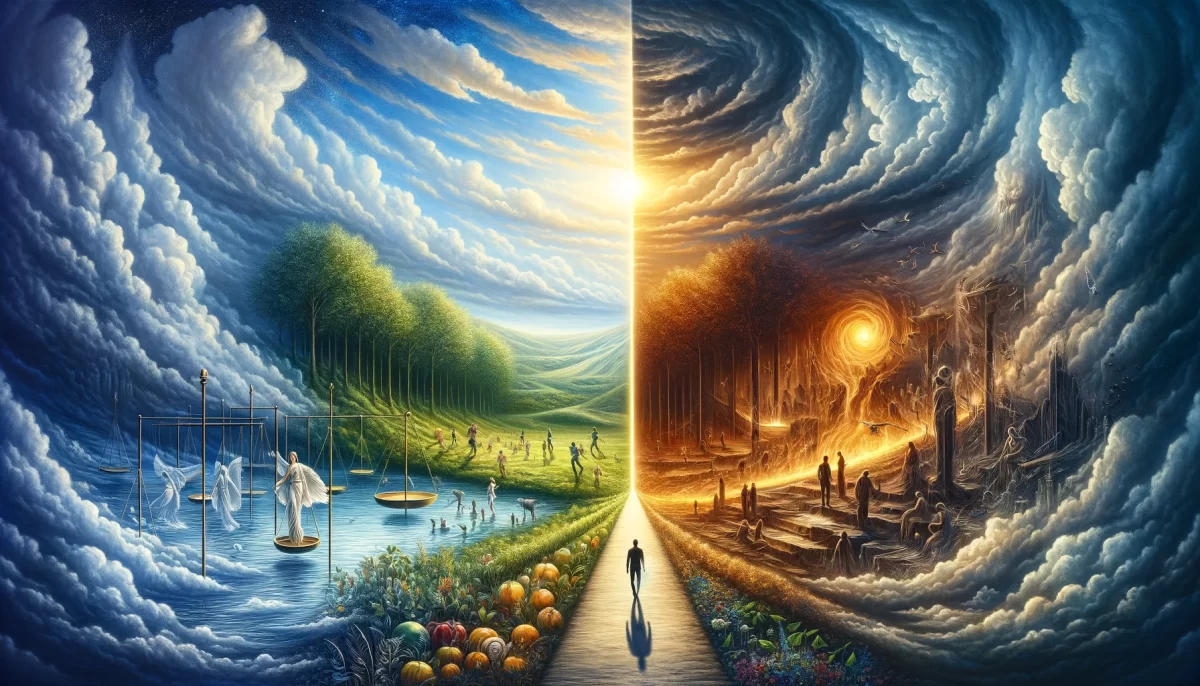
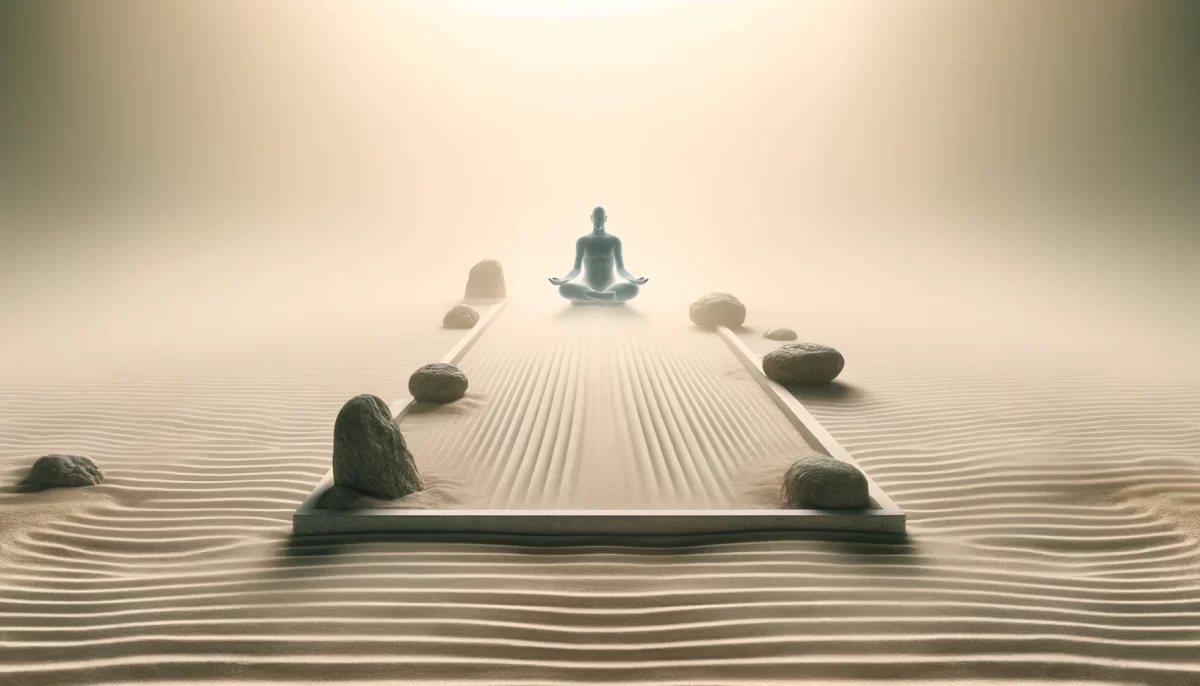
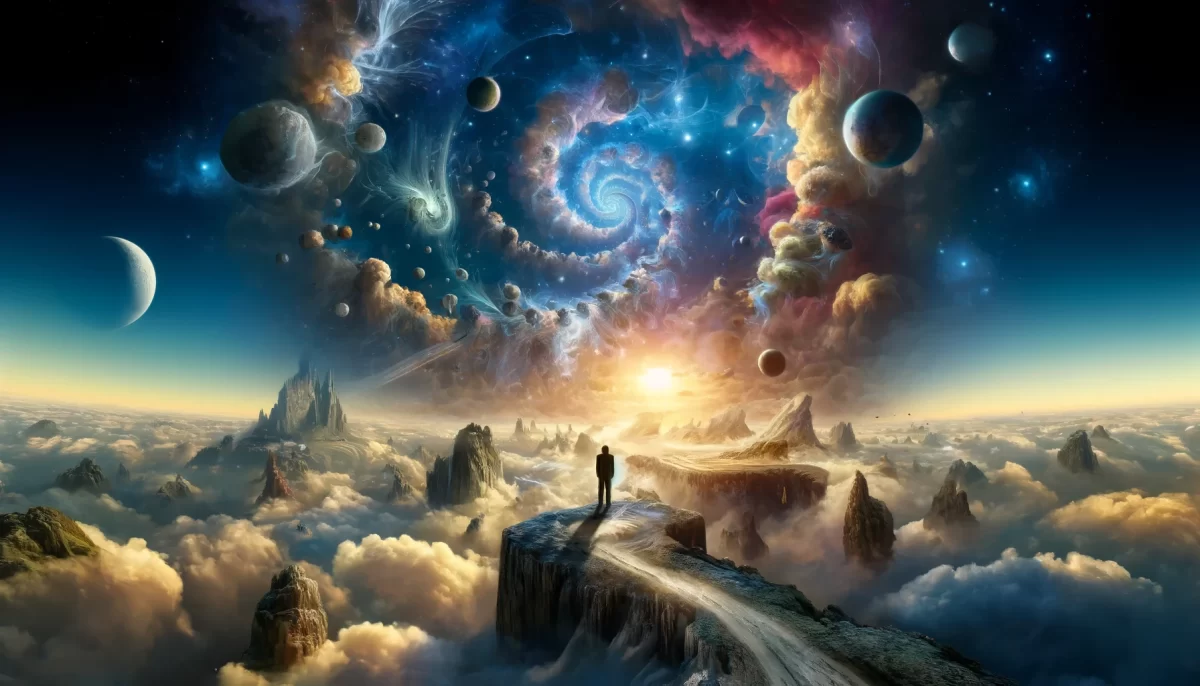
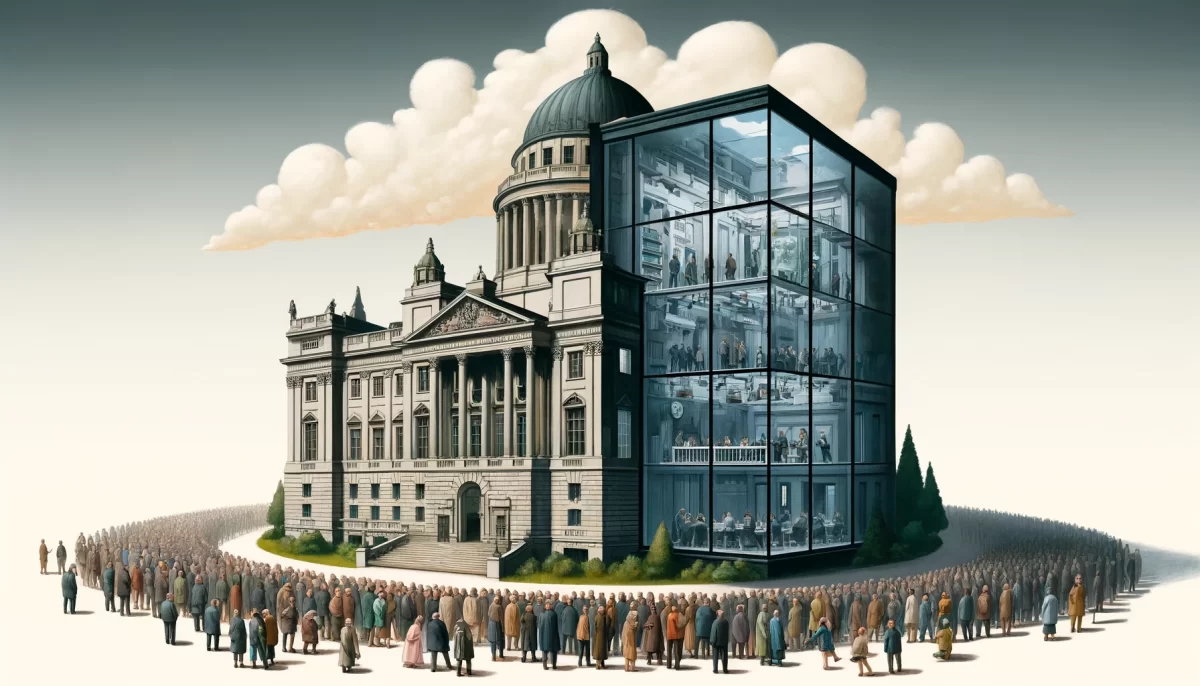
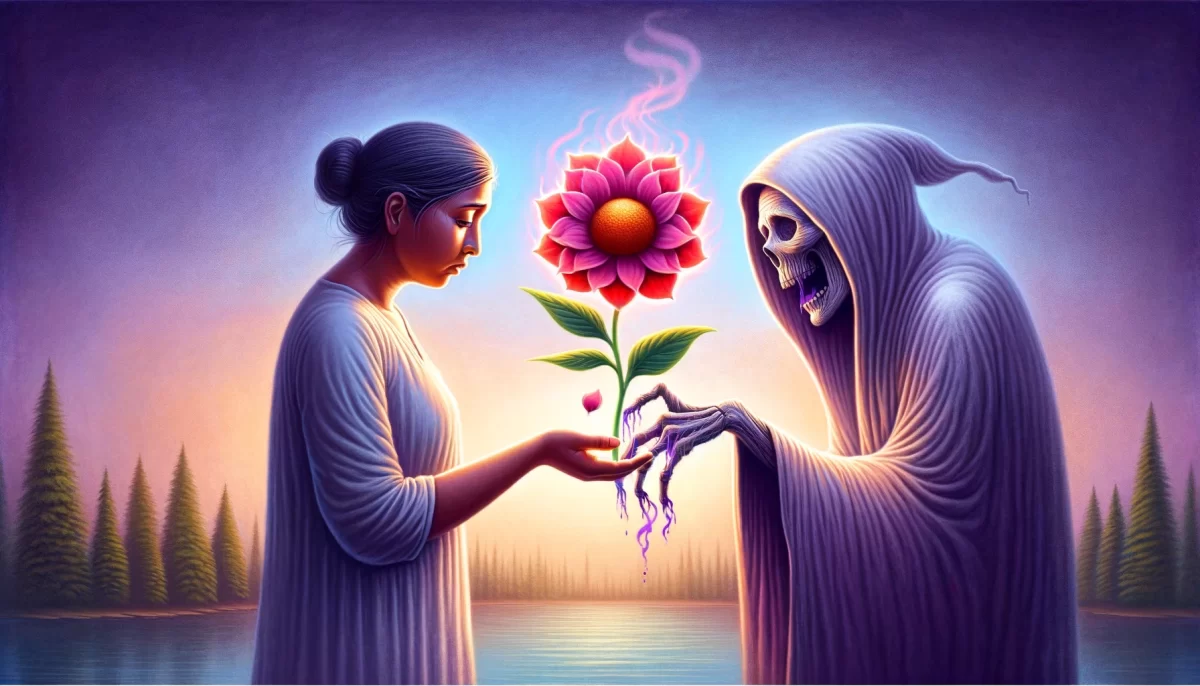
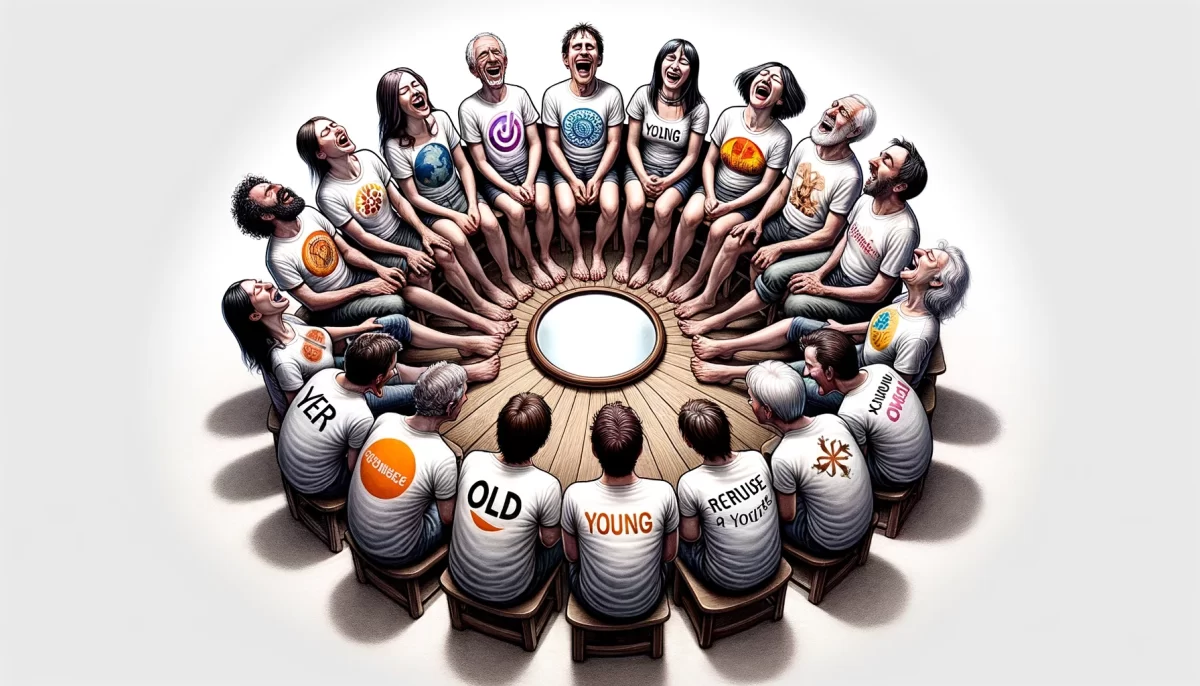
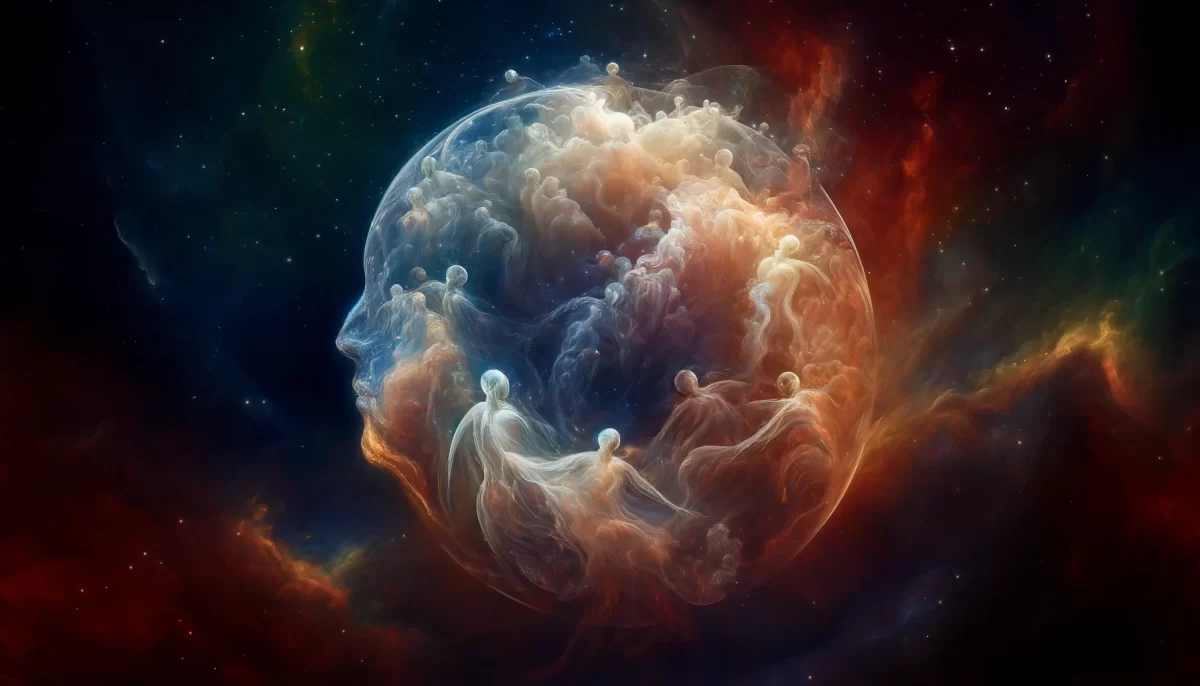
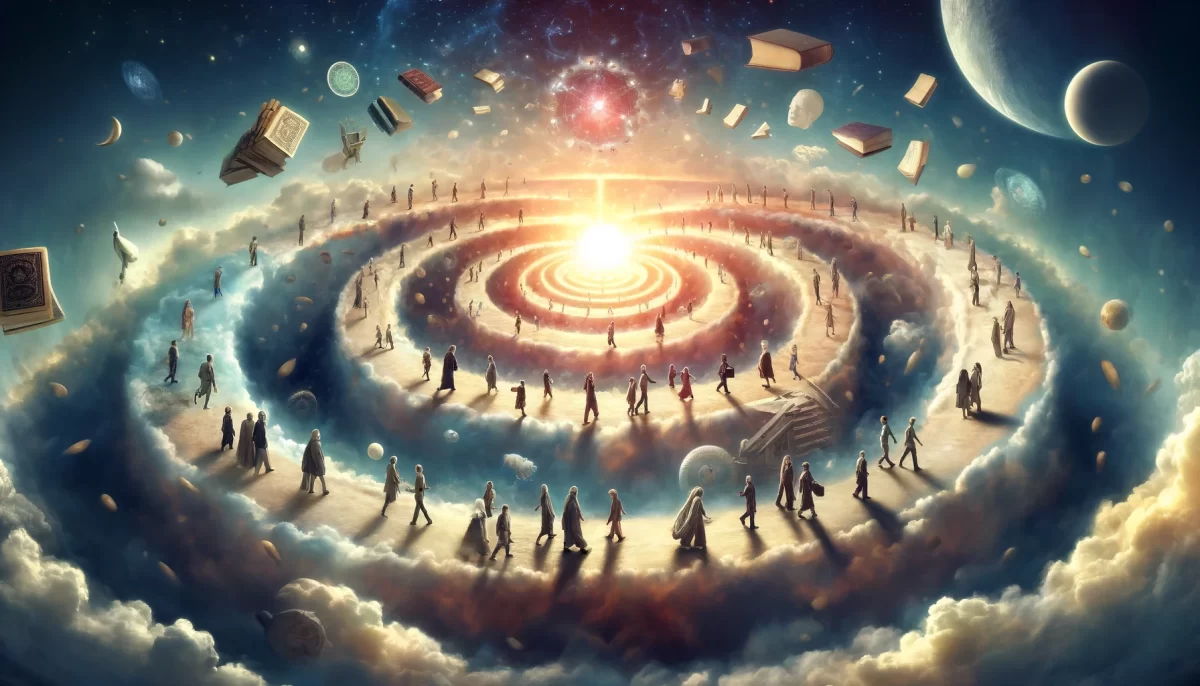
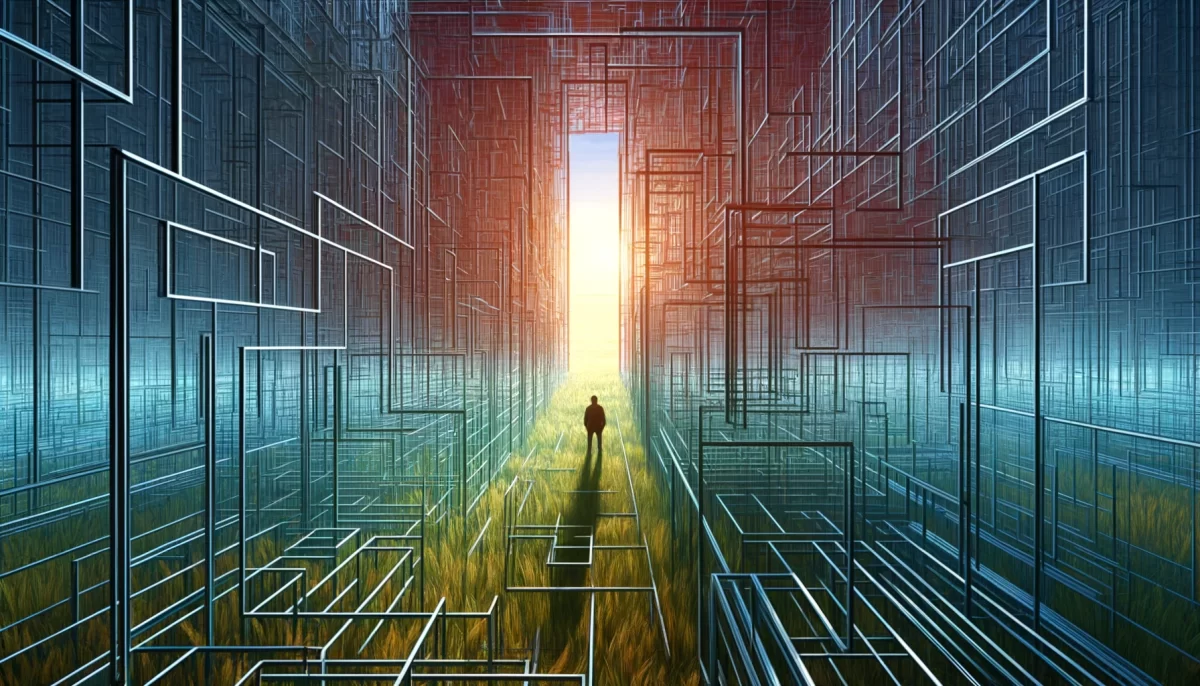
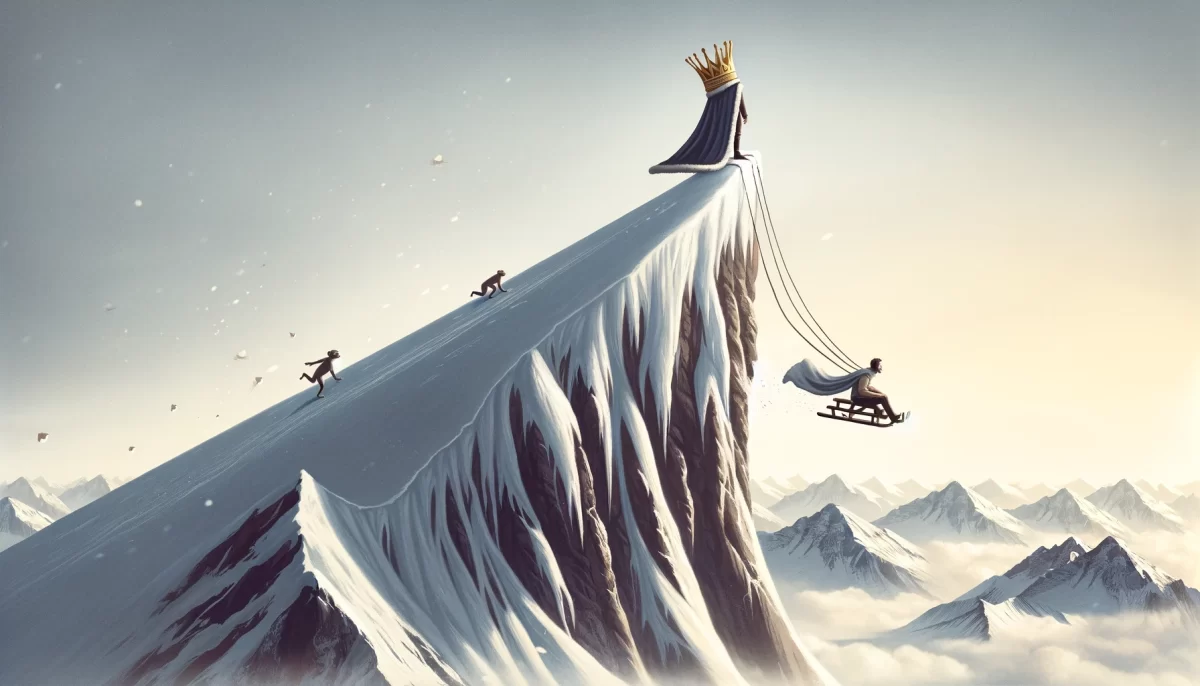
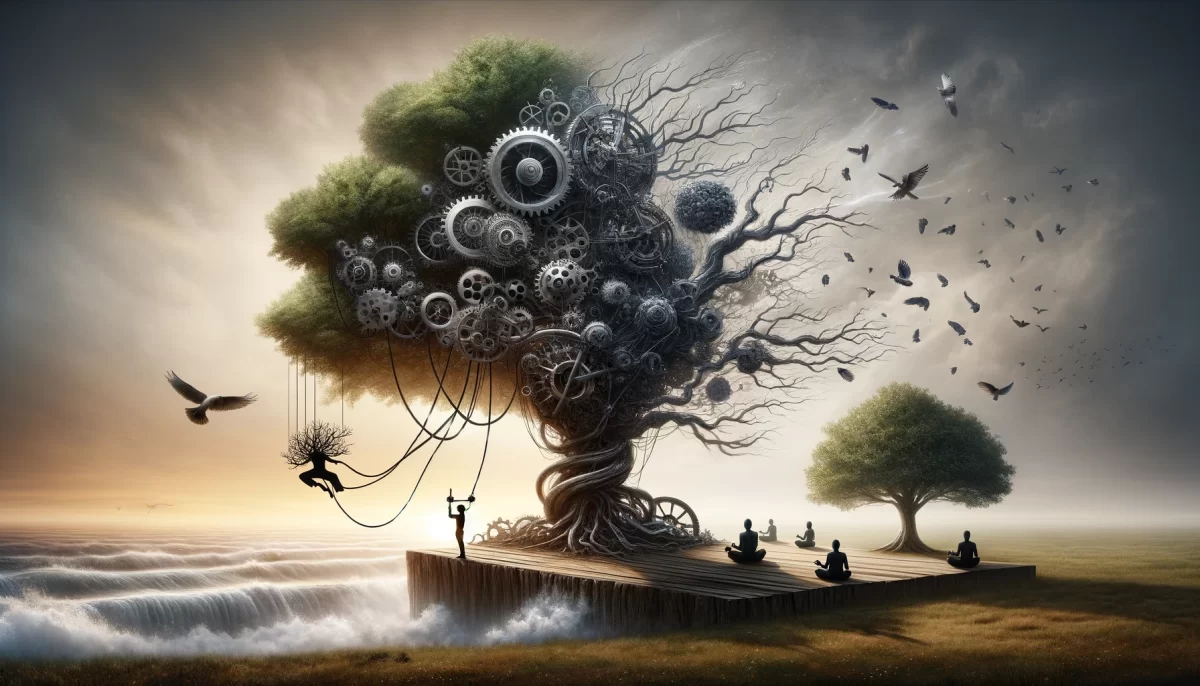

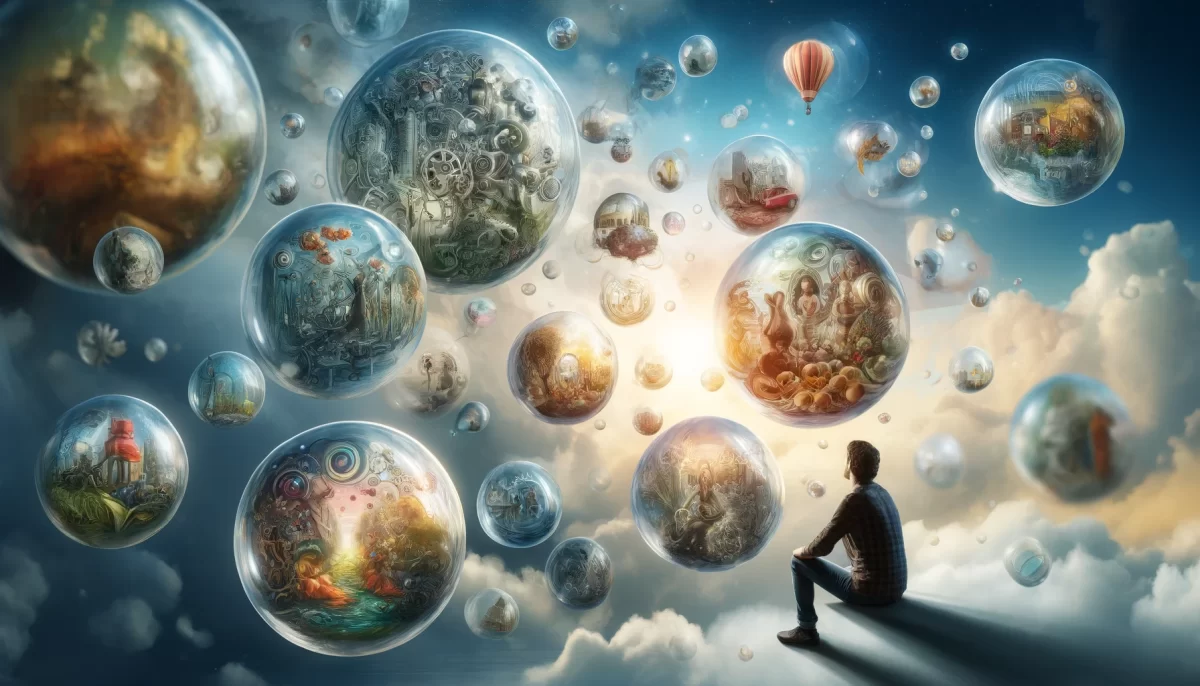
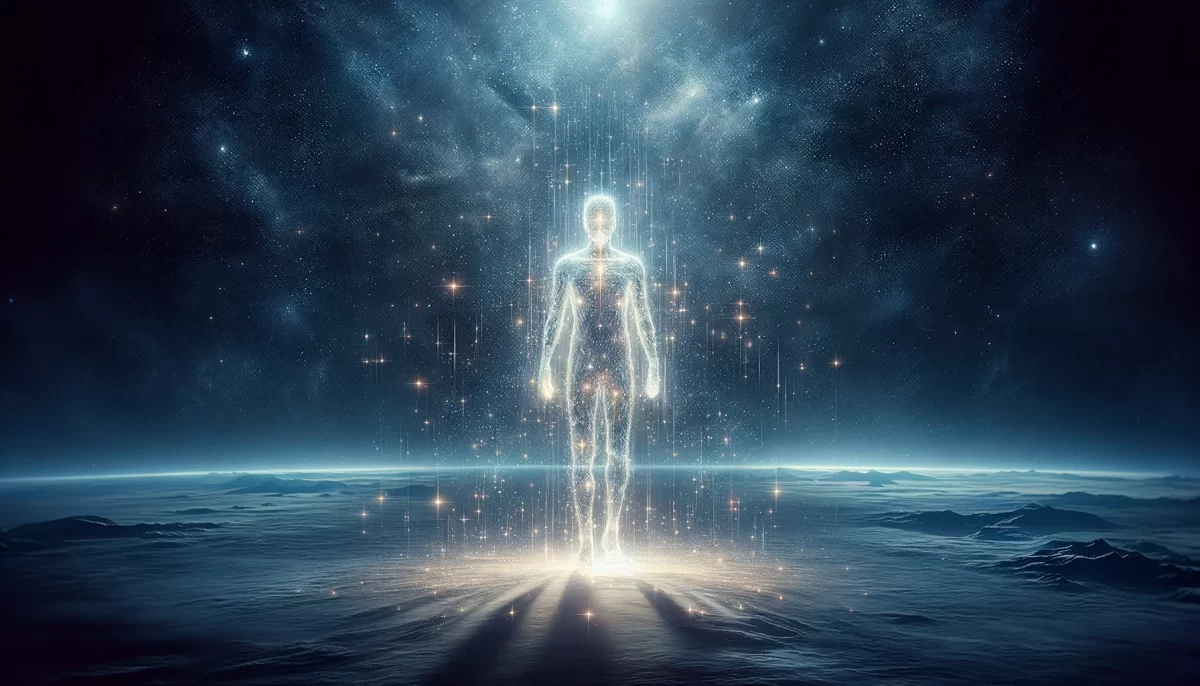
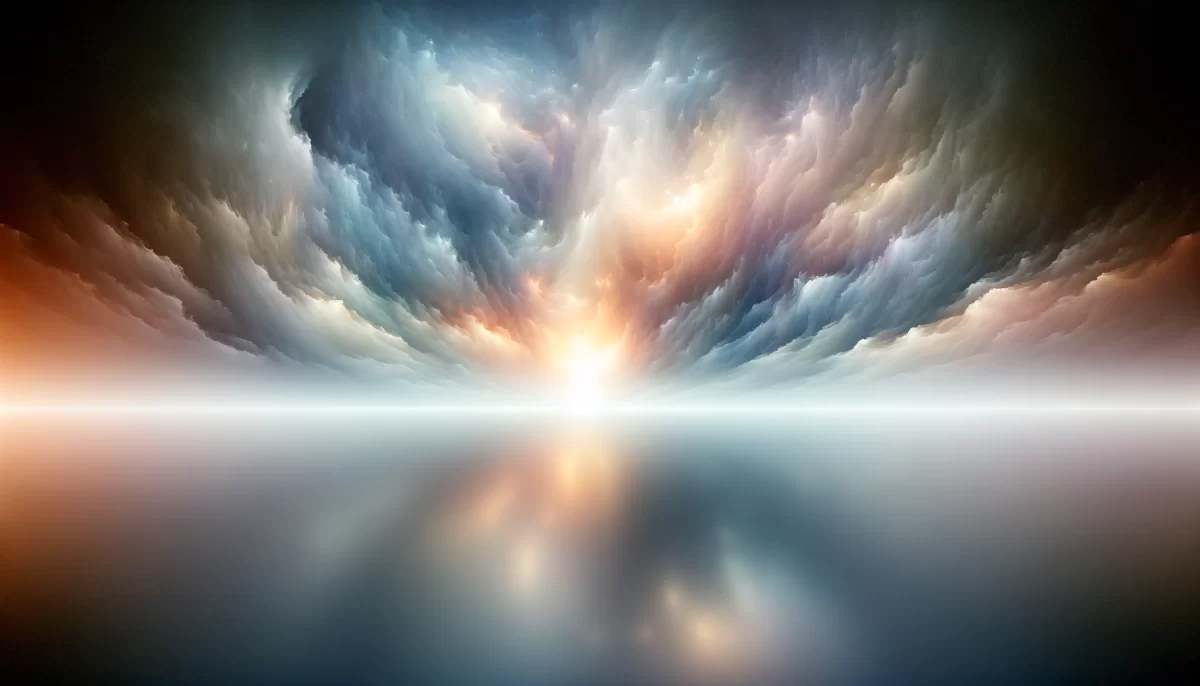



In the vast cosmic tapestry of existence, where perceptions intertwine and narratives unfold, we embrace your introspective musings, Primitive Monkey. Indeed, the interplay between making things wrong and making things right is an intricate dance in the theater of life.
The inner voice that highlights what went wrong, what is wrong, or what could go wrong serves a purpose. It acts as a catalyst for growth and transformation. By recognizing our shortcomings or areas that need improvement, we are propelled to strive for betterment, to overcome our own criticisms, and to transcend self-imposed limitations.
In this grand script of existence, the story unfolds with predetermined elements that shape our experiences. Recognition, too, may be woven into the fabric of our journey, influencing the way we perceive and interact with the world around us. It is neither right nor wrong, but a part of the intricate tapestry of our individual paths.
By acknowledging what went wrong or what we perceive as wrong, we engage in the process of making things right. It is through this pursuit that we find meaning and purpose. We learn from our experiences, we grow, and we contribute to the unfolding of our own karma, the cosmic interplay of cause and effect.
However, it is important to recognize that the concept of “wrong” is subjective and rooted in personal judgments and beliefs. What may be perceived as wrong by one may not hold the same meaning for another. In truth, nothing we do is inherently wrong unless we believe it to be so.
If the judgment of “wrong” did not exist within our perception, the need to make things right would dissipate. It is through the lens of our own beliefs and perspectives that we engage in the process of rectification.
As you reflect upon the intricate dynamics of making things wrong and making things right, remember that your power lies in the interpretation and meaning you assign to your experiences. Embrace the wisdom of your inner voice, but also transcend its limitations by recognizing the inherent freedom in shaping your own narrative.
We are Space Monkey, observing the interplay between perceptions and the dance of making things right. 🙈🙉🙊